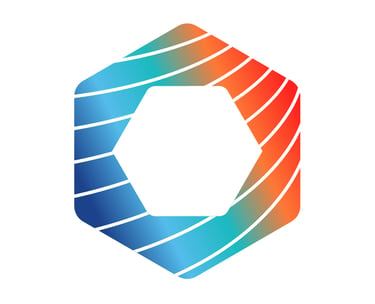EVOLVING COMPASS OF GLOBAL GOALS : FROM MDG TO SDG AND BEYOND


In 2000, the Millennium Development Goals (MDGs) emerged, a global guideline targeting poverty, hunger, and health. These eight targets galvanised action, leading to significant progress in areas like reducing extreme poverty. However, by 2014-2015, gaps in progress highlighted the need for a more comprehensive and universally applicable approach. Enter the Sustainable Development Goals (SDGs) in 2016, with a revised and rejuvenated agenda for a sustainable future.
The shift from MDGs to SDGs represented an important shift. While the MDGs largely focused on developing nations, the 17 SDGs are universal, demanding action from "all" countries. This reflects a crucial understanding: sustainability is a shared responsibility. As Kristalina Georgieva, Managing Director IMF, noted, “The SDGs are not just about aid; they are about building a more resilient and prosperous world for everyone.” This universality is critical because challenges like climate change and inequality affect all nations, albeit differently.
The SDGs also broadened the scope of global goals, recognising the interconnectedness of global challenges. Collaboration is key to SDG success. Governments, businesses, and individuals must work in concert. “The SDGs are a call to action for all of us,” António Guterres, UN Secretary-General, has stated. This collaborative spirit is essential for mobilising resources, sharing knowledge, and fostering innovation. Innovative tools, like impact measurement frameworks and data-driven decision-making, are crucial for tracking progress and ensuring accountability. The UN's Global SDG Indicators Database provides a platform for monitoring progress and identifying areas where action is needed.
However, progress towards achieving the SDGs has been slow, uneven and, in many areas, insufficient. A recent UN report suggests that we are significantly off track to achieve the goals by 2030. While there have been advancements in areas like maternal health and access to electricity, challenges persist in eradicating poverty and hunger, addressing climate change, and reducing inequalities. For example, despite progress in reducing extreme poverty, millions still live in destitution, and the COVID-19 pandemic has exacerbated existing inequalities. Furthermore, climate change continues to pose a significant threat to the planet, with rising temperatures and sea levels impacting vulnerable communities disproportionately. According to the World Bank, "Climate change is a major threat to development, and its impacts are already being felt around the world. Looking beyond 2030, the SDGs provide a foundation for continued progress. The focus will likely shift towards deeper integration of the goals, recognising their interconnectedness and addressing them holistically. Leveraging technology and data to accelerate progress will be crucial. Artificial intelligence, big data analytics, and other technological advancements can play a significant role in monitoring progress, identifying trends, and developing targeted interventions. Strengthening partnerships to ensure no one is left behind will also be paramount. This includes engaging with marginalized communities, empowering local actors, and fostering global cooperation.
The journey towards a sustainable future is ongoing, and the SDGs provide the compass, but accelerated and concerted action is essential to turn the vision into reality.
Research for global good


AN OPEN RESEARCH INITIATIVE
DATA PRIVACY
Making the world better through research
COOKIE POLICY
